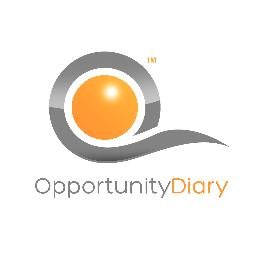Application Deadline: March 1st, 2022
Take your journalism skills to the next level and deepen your understanding of environmental issues by applying for the 2022-2023 Ted Scripps Fellowships in Environmental Journalism. Five accepted candidates will audit courses, participate in field trips and weekly seminars, and work on a significant project. These positions are offered by the Center for Environmental Journalism, part of the College of Media, Communication and Information at the University of Colorado Boulder.
The fellowship is open to full-time journalists working in any medium who are interested in deepening and broadening their knowledge of environmental issues. It is aimed at outstanding journalists committed to a career in professional journalism.
Employment begins at the start of the Fall 2022 semester and runs for nine months through the end of the Spring 2023 semester. All university breaks and holidays will be observed.
Please note: Fellowship activities may need to be modified depending on the status of the coronavirus pandemic.
The University of Colorado Boulder is committed to building a culturally diverse community of faculty, staff, and students dedicated to contributing to an inclusive campus environment. We are an Equal Opportunity employer, including veterans and individuals with disabilities.
Benefit
The program provides a $71,000 stipend. It also covers tuition and fees, and attendance at the annual SEJ and NASW conferences. While we cannot offer the same benefits offered by the university, we can offer paid sick leave and bus passes for use locally and regionally.
Application Procedure
All applications and attachments must be submitted online through the CU Boulder Jobs website.
The application deadline is March 1, 2022.
Below are the specific components required for a complete application to the Ted Scripps Fellowships in Environmental Journalism:.
1. Resume/CV: Upload a résumé in PDF format which includes your education, work history as a professional journalist, and journalism awards/honors you’ve received (with the year awarded). In addition to the dates that you held each position, briefly describe your duties.
2. Cover Letter/Professional Autobiography: Please upload a PDF document addressing the following questions. In this essay, please do not duplicate your proposed study plan & project proposal. Please limit this to a maximum of 1,250 words.
- Why you are interested in the fellowship and why you are the best candidate. Describe your career as a journalist and the values that have shaped your work. In your answer, address these questions:
- What are your most noteworthy achievements?
- Why are you interested in covering environmental issues, and how would a Ted Scripps Fellowship benefit you?
- Freelancers: At the end of your Professional Autobiography, please list the jobs you’ve completed in the last 12 months, and for whom, along with a few words about what you did. If your clients are not widely known, briefly explain who they are.
3. Study Plan & Project Proposal: Please upload a PDF document explaining what you would like to study while on the fellowship, including the academic areas you propose to concentrate in, and some of the courses you might like to audit.
Official Website: Ted Scripps Fellow in Environmental Journalism


